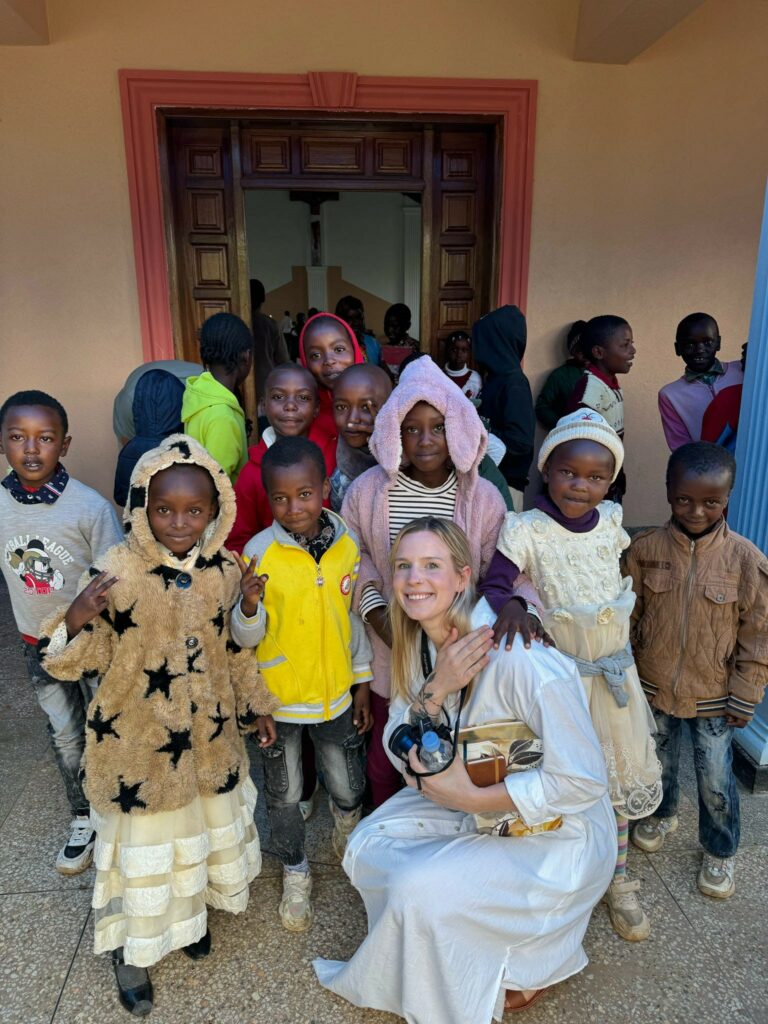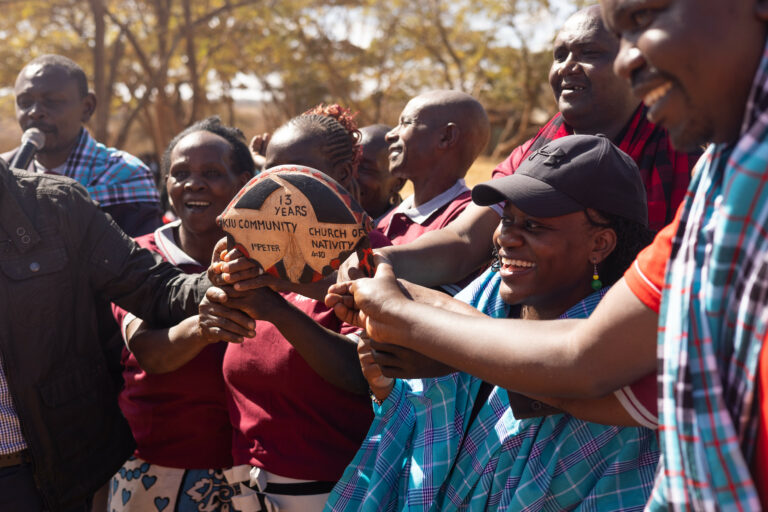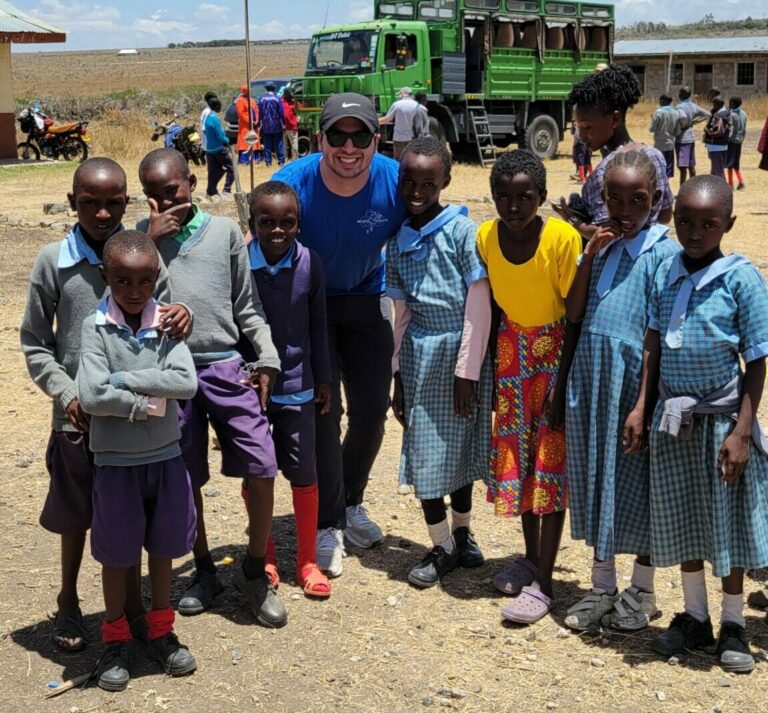Blog by Kurt Kandler
I used to think that education was the backbone of development. I was wrong. It’s economic development.
Sure, education is a critical component to break the cycle of extreme poverty, but the reality in the communities where 410 Bridge works is that the primary barriers to a quality education can be eliminated by lifting household incomes. A family’s inability to afford school fees or a uniform are often the two primary reasons a child doesn’t attend school.
Besides, kids are dependent. Even if we’re successful in lifting the quality of education in a school, those initiatives cannot be sustained without adequate resources available within the community. That’s one of the reasons why economic development trumps education as the backbone.
But here’s the thing… Most folks, when they think about improving the economic situation, think about jobs. “People need jobs.” And then they point back to education, claiming that an educated workforce is essential for people to find jobs. Invest more resources in education first so that more people are employable.
On the surface, it makes sense. But the problem in rural developing world communities is that the only way to find employment is to move to urban centers. Unfortunately, finding a job in the city is more of a myth than a reality, so the cycle continues.
That’s why we see more success when we help create employers, not employees.
Meet Morrine…
Morrine lives in a rural Kenyan community of about 3,500 people. Average income is less than $2/day per household. In 2017, Morrine graduated from 410 Bridge’s Business Start-up Training (BST). She was in a class with 25 people who had a propensity for entrepreneurship. At the time, she sold chips (french fries) at the back of a trading center. She had one small fryer and was struggling to make $10 a month.
During the training, she learned basic business skills that taught her how to sustain and grow her struggling micro-business. By continually identifying new opportunities, Morrine transformed her business to a ‘ultra-modern’ restaurant serving different types of food. Her initial investment was $35.
Morrine hired 2-3 of her neighbors to work in her restaurant as she launched her second business – a salon & cosmetics shop.
Today, Morrine employs eight of her neighbors. If you do the math… Morrine’s initial investment of $35 now generates over $1,000 of increased household income for nine families. That’s 2x more than the average household income and we’re only 24 months in.
Morrine affords her children’s school fees and actually sponsors another child in her community to attend school. And just so you know… According to the Global Poverty Project, women reinvest up to 90 percent of their incomes back into their families and communities (compared to just 30-40 percent by men).
It’s important to note that Morrine started her business with her own capital. The 410 Bridge trained her on how to run a profitable business for about $225, but she was required to start her business with her own seed money. No hand-outs. No micro-loans. No subsidies.
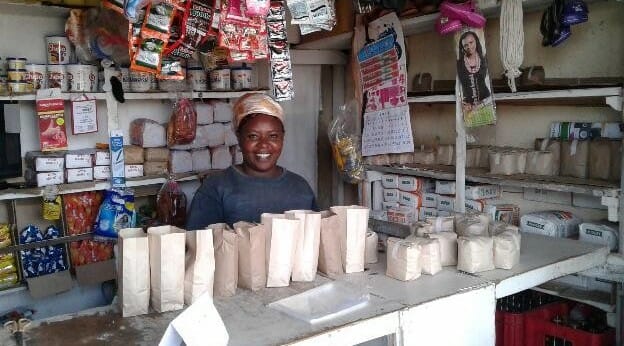
The best news is that there are dozens of people like Morrine in her community. …and hundreds more in other 410 Bridge communities. People with potential stories of true transformation – economically, socially and spiritually.
Like…
Francis in Kiu… Wholesaler / distributor. Initial investment – $10. He employees two (2) people, generating $400 of additional household income every month.
Chris in Kahuria – Cinema and billiards. Initial investment – $5 and a small TV. He employees four (4) people, generating over $500 of additional household income. [Side note: I met Chris last week. He’s 24 years old and was orphaned as a teenager. He told me, “Before the BST training, I was a nobody. I had nothing and was a nobody. But today I am a somebody! I even have a wife. I own one acre of land that I farm and I’m working on getting my second cow.”]
Here’s my point… We’re redefining the war on poverty. What it means. How to win it. And the measurable impact on the ground. Part of that redefinition means we need to invest in creating employers, not employees. Simply educating the next generation isn’t sufficient.
The people we serve are capable, industrious and creative. They are the solution to their material poverty issue, not a set of problems to be solved.
Hundreds of potential employers are waiting to be trained. We just launched a new sponsorship program that allows you to sponsor two entrepreneurs every year for $39/month. To learn more how you can help, click the button below:
